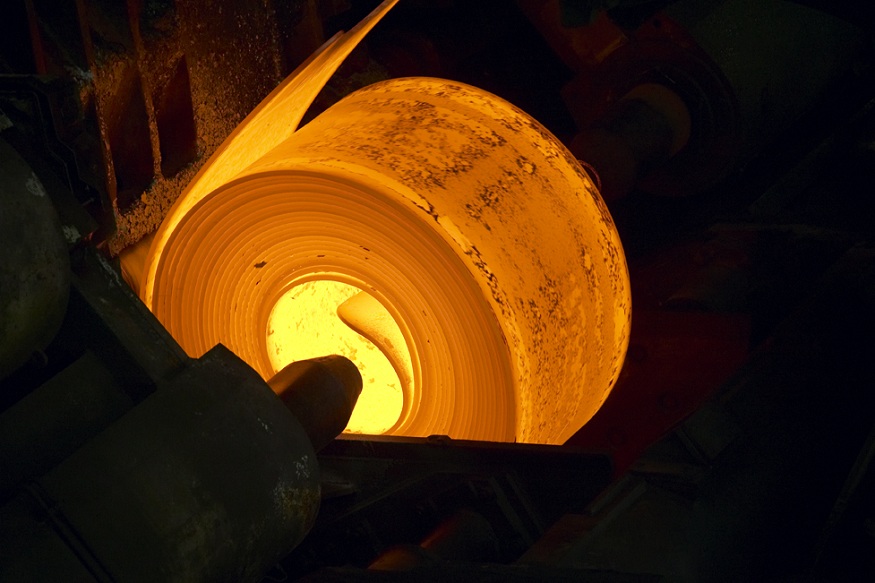Automation and artificial intelligence (AI) have revolutionized numerous industries, with steel manufacturing being no exception. Over the past few years, the integration of these technologies into steel production has streamlined operations, improved efficiency, and significantly reduced costs. As the industry continues to evolve, the adoption of advanced technologies is proving to be critical for competitiveness and sustainability. This article explores the impact of automation and AI on the steel manufacturing sector, especially when it comes to hot rolled coil and hot rolled steel production.
Enhanced Production Efficiency
Automation and AI have transformed the steel manufacturing process by improving efficiency at every stage of production. In the case of hot rolled steel coils, which involve heating steel above its recrystallization temperature to shape it into sheets or coils, the application of AI-driven machines and automated systems has significantly reduced downtime. These technologies can predict potential machinery breakdowns, allowing for preventive maintenance that minimizes production halts. This predictive capability reduces operational costs and enhances overall plant efficiency.
According to a report by McKinsey, AI and machine learning algorithms can increase production efficiency in steel plants by up to 20%. Automation of routine tasks such as quality control, material handling, and machine operations has streamlined workflows, allowing for faster and more consistent production of hot rolled steel in India.
Improved Product Quality
The use of AI and automation in steel production not only improves efficiency but also enhances product quality. For hot rolled steel coils, maintaining consistent thickness, smooth surfaces, and mechanical properties is essential for end-users. Automation systems equipped with sensors and AI algorithms can continuously monitor these parameters during the rolling process, ensuring that the hot rolled steel coil meets stringent quality standards.
For instance, real-time data analysis powered by AI can detect minor variations in temperature, pressure, or material composition that might affect the final product. This ability to instantly correct deviations ensures uniformity in the quality of hot rolled steel, reducing the need for post-production inspection and rework.
Energy Efficiency and Sustainability
Steel production is energy-intensive, and with growing environmental concerns, there is increasing pressure to reduce the carbon footprint of manufacturing processes. AI and automation are playing a pivotal role in making steel manufacturing more energy-efficient and sustainable. By optimizing energy usage during the production of hot rolled steel, manufacturers can significantly cut down on energy consumption.
Cost Reduction
Another critical advantage of incorporating automation and AI into steel manufacturing is cost reduction. Automated systems reduce the reliance on manual labor, cutting down labor costs. In addition, AI-powered predictive maintenance tools help avoid costly breakdowns, while energy-efficient processes lower energy expenses.
By producing high-quality hot rolled steel coils more efficiently and with fewer defects, manufacturers can reduce waste and rework costs. This leads to a more streamlined production process, further driving down overall production costs.
Conclusion
The integration of automation and AI in steel manufacturing has had a profound impact on the industry. From improving efficiency and product quality to enhancing workplace safety and reducing costs, these technologies are shaping the future of steel production. For hot rolled coil and hot rolled steel manufacturers, the adoption of these innovations is not only enhancing competitiveness but also contributing to the industry’s sustainability goals. As AI and automation continue to evolve, their role in transforming steel manufacturing will only grow stronger.

